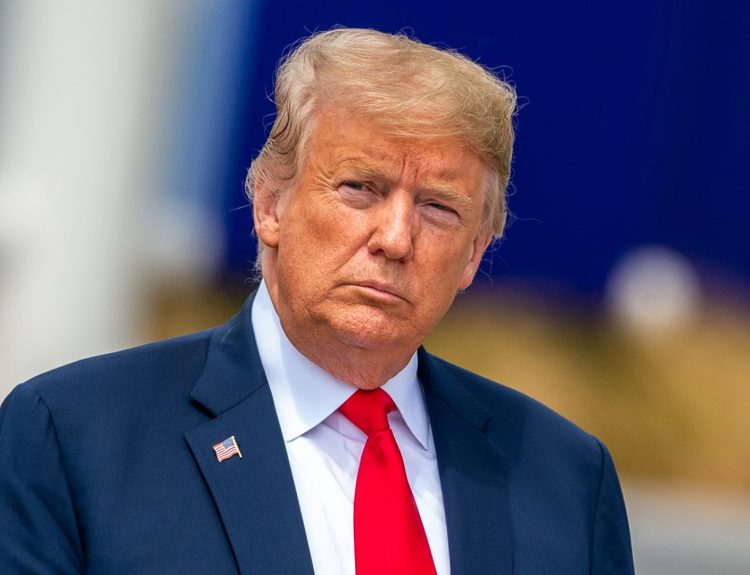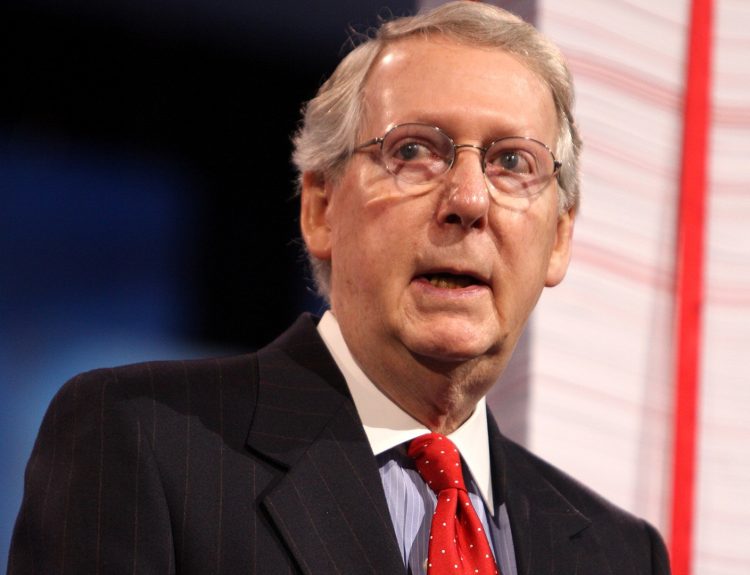The House of Representatives has been in turmoil for months now. The Congress that began with the 2022 election which gave Republicans a slim majority has been chaotic and unstable, to say the least, and have elected two different speakers of the house during the current term.
Kevin McCarthy as Speaker
The first speaker of the house was Kevin McCarthy, a California Republican who had been looking to fill the role of Speaker for quite some time. It took more than a dozen votes for him to win the majority in Congress, though, and he had to make some significant concessions in order to sway some members of his conference to his side.
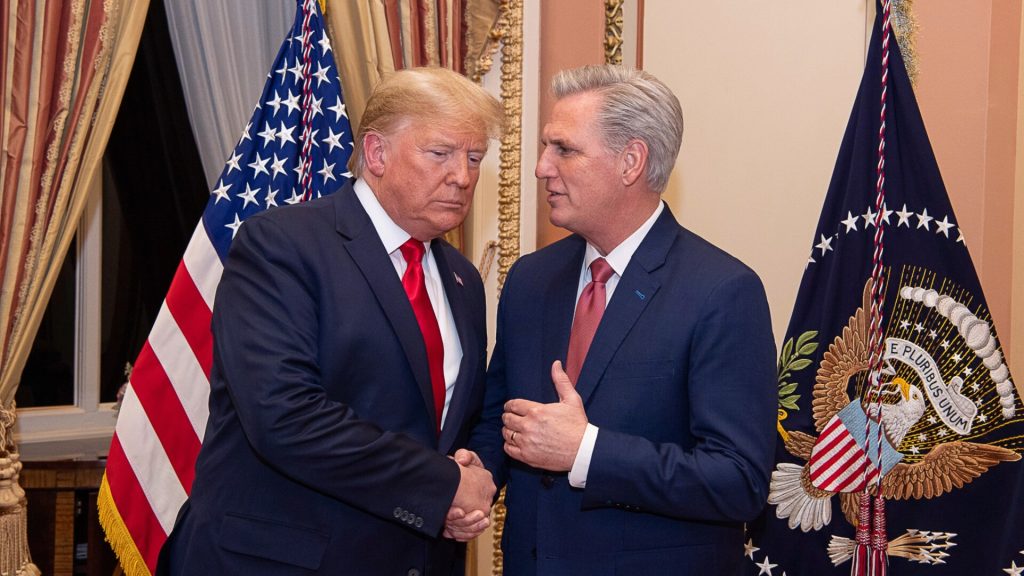
One of the concessions that McCarthy made was changing the threshold necessary to bring a vote of no confidence against the Speaker. McCarthy allowed the far-right members of his conference to negotiate a one-vote threshold for no confidence, a choice that would later come back to bite him.
Trying to Work With All Republicans
McCarthy fought valiantly to work with all members of his conference, but it was a challenging ask. The far right, who call themselves the Freedom Caucus, appeared set on halting any sort of progress that Congress might have made on major issues, content to create “discourse” and work on investigations that many Americans saw as meritless.
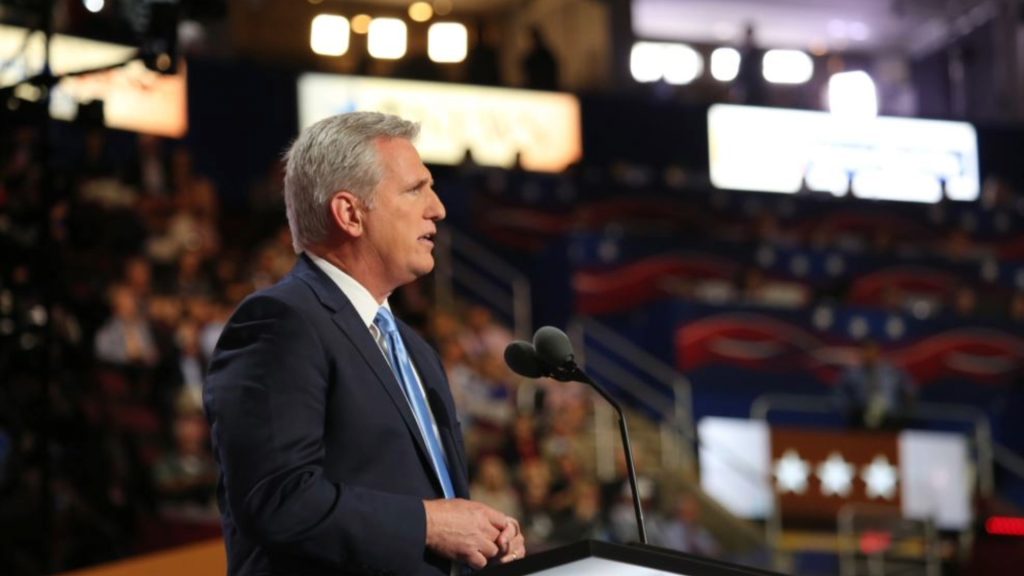
This is not the work of Congress, though, and eventually McCarthy had to make a choice: work with Democrats to start getting things done, or go down as one of the most ineffective Speakers in American history. He chose to work with the Democrats on a budget extension, a move that enraged his conference.
A Speaker Unseated
This enraged the Freedom Caucus, the very Republicans who had finally given McCarthy enough votes to win the seat in the first place. So much so that in October of 2023, a vote was held to oust McCarthy as Speaker of the House, a motion that succeeded.
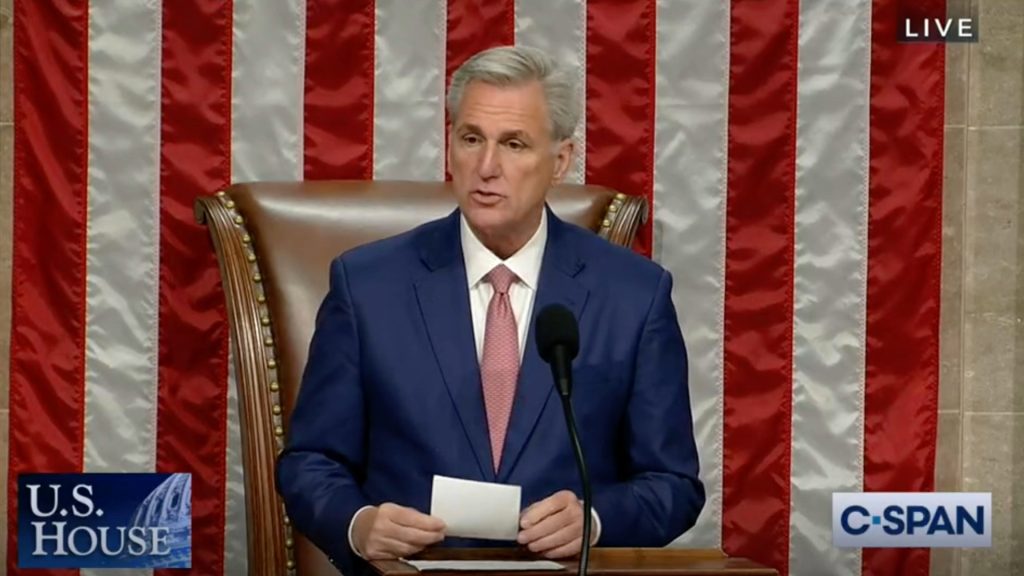
It subsequently took three weeks for Republicans to install a new House Speaker, eventually choosing Mike Johnson when other, more moderate candidates failed to get the required votes. Johnson is a member of the Freedom Caucus, and was allegedly the architect of the plan to overturn the 2020 election of Joe Biden in favor of Donald Trump.
A Self-Inflicted Shot to the Foot
For McCarthy, though, being ousted as Speaker was essentially his death knell in Congress. Shortly after he was removed from the House leadership position, McCarthy announced that he would be stepping down from his seat in Congress after nearly 20 years.
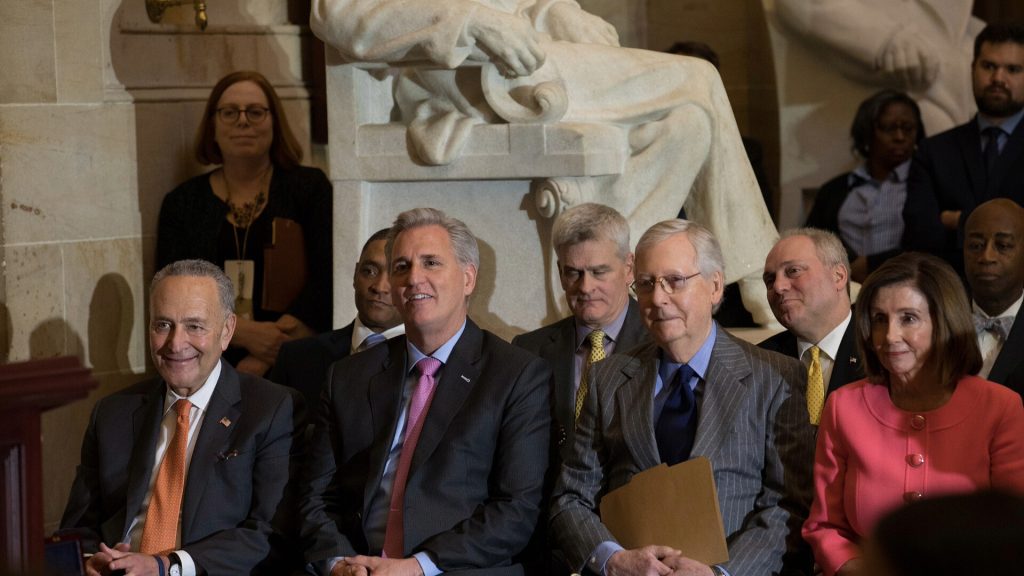
This left Republicans in a bit of a pickle. The majority that they had before McCarthy was ousted and retired was slim, and McCarthy leaving gave them even fewer votes to leverage over the Democrats if they wanted to pass a bill without Democratic support. And the problem would only get worse, with other Republicans announcing their early retirement in the months following.
The Search for a Successor
McCarthy’s seat has been empty since he left Congress last winter, and Republicans have been scrambling to find a replacement for him in his California Bakersfield district.
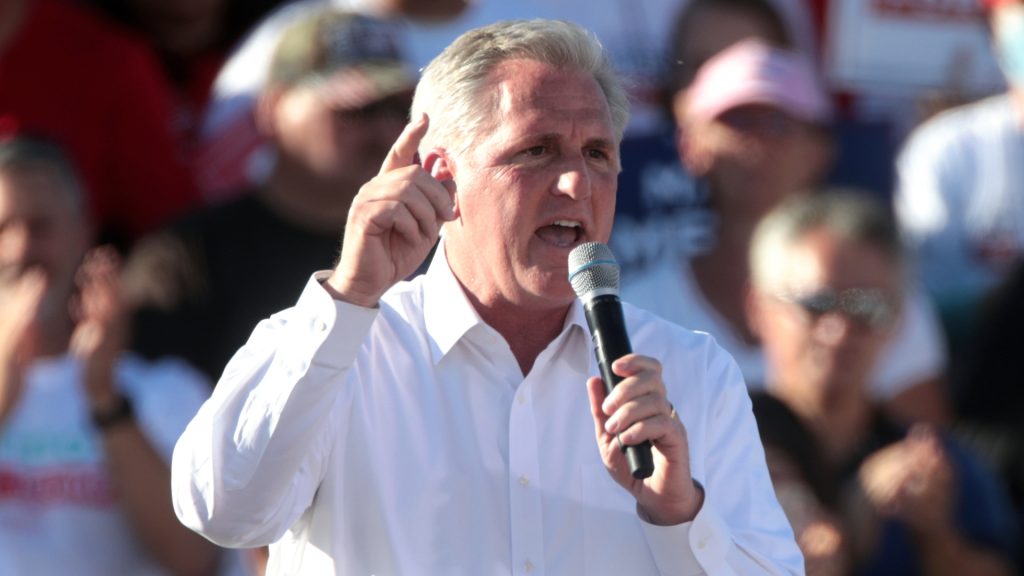
McCarthy announced his retirement on December 6, which was just two days before California’s electoral filing deadline. Since the incumbent wasn’t running, the filing deadline for the district was extended until December 13.
An Unexpected Announcement
Some Republicans announced that they were considering running, and Shannon Grove – a state senator – appeared to be the likely successor before announcing that she was not planning on running for the seat.

Following Grove’s declination of the house seat, another candidate came to the front of the race. Vince Fong, an Assemblyman in Bakersfield, announced that he would be making a bid for Congress in the special election, and gained Kevin McCarthy’s endorsement for his campaign.
A Problem with Candidacy
There was a snag in his announcement, though. Fong had previously considered running for the seat when McCarthy initially announced that he would be leaving Congress, but had decided against running. He did this in order to qualify for the Assembly race, whose deadline was December 8.
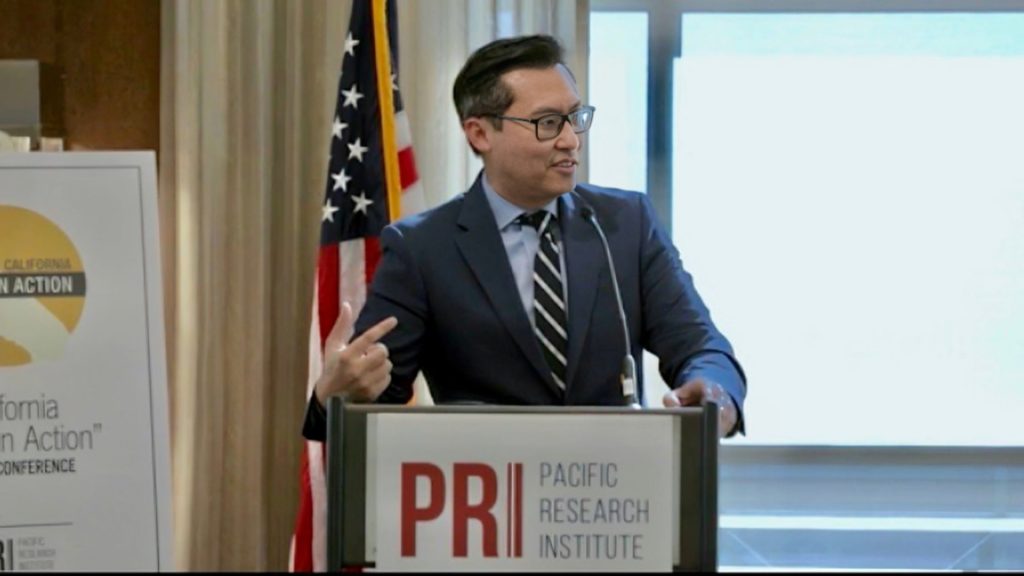
He qualified for the Assembly race, but after Grove announced that she wouldn’t be running for the Congressional seat, Fong changed his mind. The problem with announcing his bid for Congress was that he had already qualified for the Assembly race, and the deadline to change his mind had passed.
A Challenge, and a Lawsuit
Shirley Weber, the California Secretary of State, took issue with his dual candidacy. In December, she said that under the state’s elections code, Fond could neither withdraw from the Assembly race nor be on the ballot for competing offices. Due to this rule, she said that she would bar him from running for the House seat.
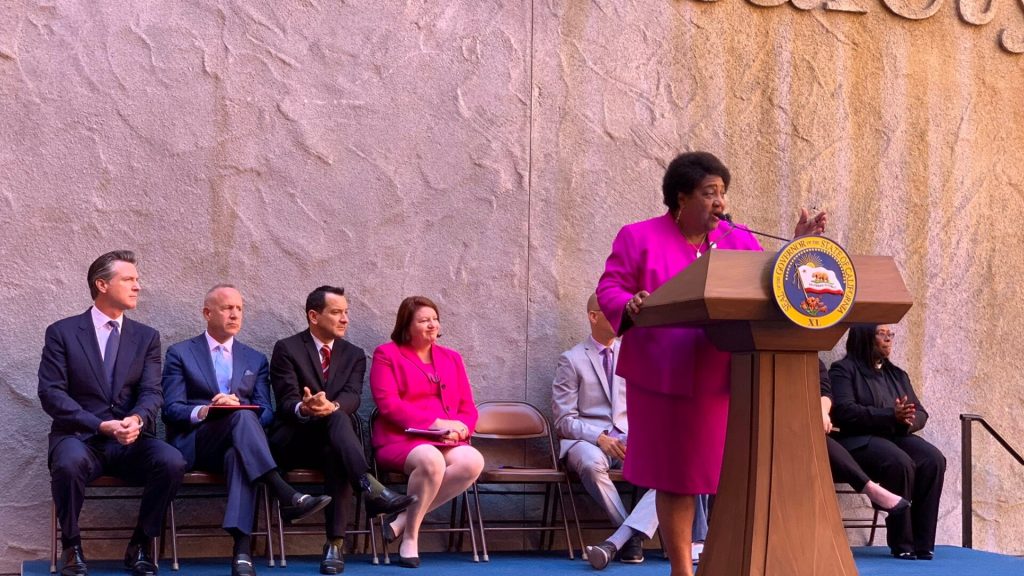
Fong didn’t take that lying down, though. He took the matter to court, and Sacramento Superior Court Judge Shelleyanne Chang granted Fong’s request to be on the ballot both for Assembly and Congress. Weber included Fong on the list of candidates for both races, and vowed to appeal the decision.
An Attempt to Erase the Ruling
This appeal came at the end of January. Weber asked an appeals court to erase the ruling allowing Fong to run for both offices by April 12. If the court granted her request, she could feasibly block Fong from the Nov. 5 ballot.
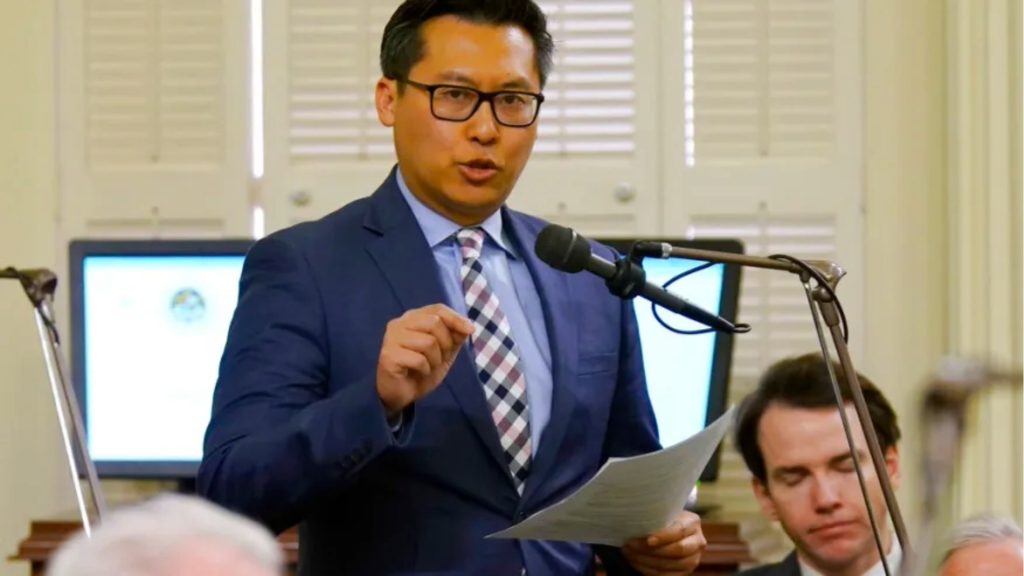
Despite the fact that this request came after primary season, Weber’s attorney told the judges that there were multiple post-primary fixes. Among them were “removing Mr. Fong from the general election ballot [or] ordering a new election.”
An Important Issue to Address for the Future
Even if the issue ended up being moot in this particular case with Fong, Weber’s team said that it was still important for the court to address the issue of dual candidacy for the future.

And the issue was addressed. The appeals court ruled on Tuesday that Fong could, indeed run for both offices, aligning with the lower courts’ decision on section 8003 of the California State election code.
About Section 8003
Section 8003 reads, “no person may file nomination papers for a party nomination and an independent nomination for the same office, or for more than one office at the same election.” Weber and her attorneys were attending to argue that the second part of the code broadly applied to anyone seeking to run for more than one office in the same election.

The court stated in their decision that this part of the code only applies to the independent nomination process. They cited that section 8003 as a whole targets independent nominations, which Fong was not a part of the process of.
About Future Elections
The appellate court addressed concerns about future chaos regarding dual candidacy elections in their decision. They stated that in order for the election code to be changed, the Legislature must act first.
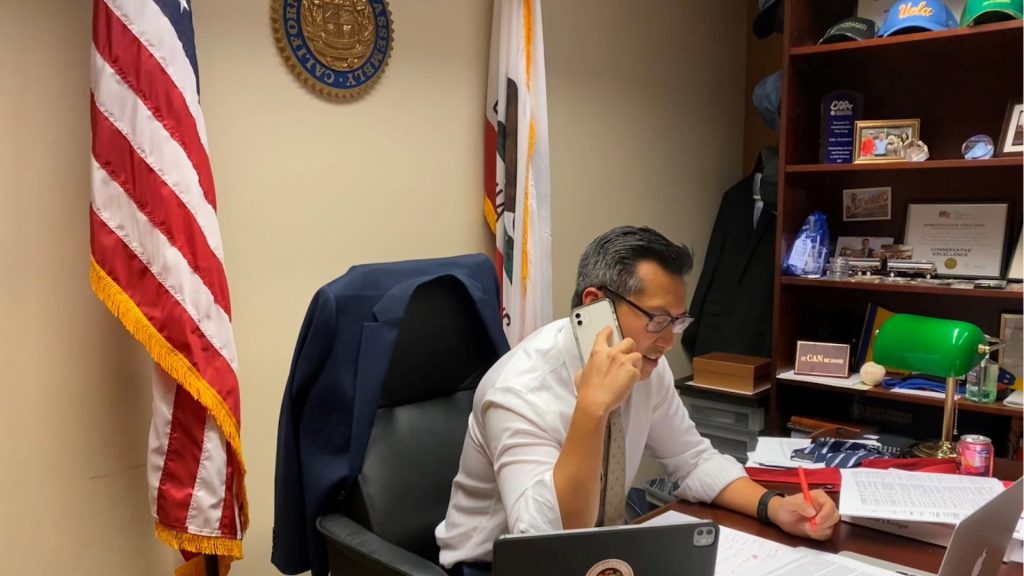
“If the Legislature wants to prohibit candidates from running for more than one office at the same election, it is free to do so. Unless and until it does so, however, we must take section 8003 as we find it and enforce it as written.”
Fong Will be on the Ballot
Several bills have been introduced in the California state legislature addressing this issue since Fong filed to run in December. However, until such time as any of them are passed or the Legislature says otherwise, Fong will be on the ballot for the special election for Congress in May and the General election ballot this November.
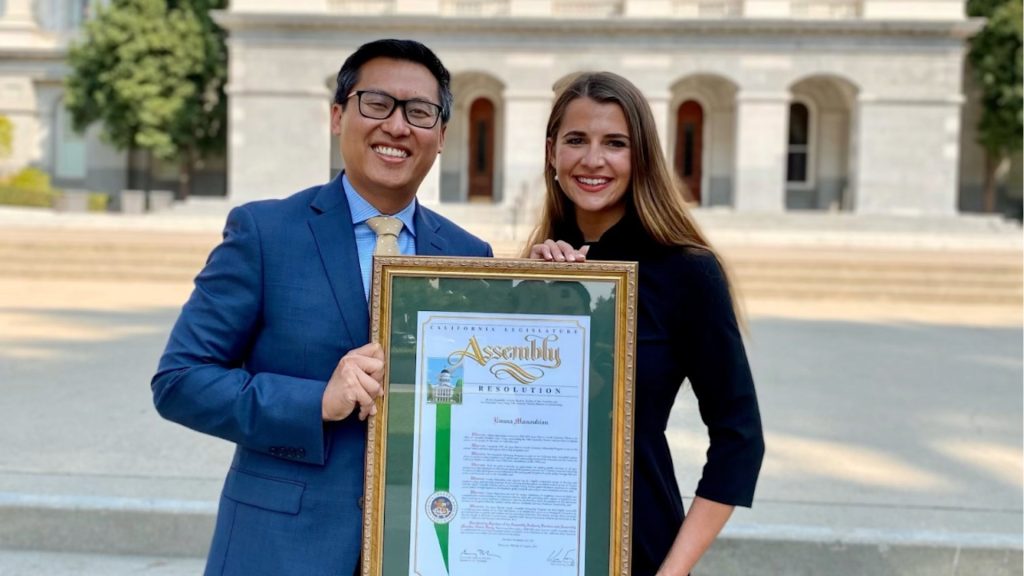
This is one example of state election laws being tricky in very specific ways that affect the country as a whole. The winner of the House seat will shake up the balance of power in Congress, and if the current pattern of Republican retirements holds, it’s entirely possible the House will flip blue long before November’s election.




